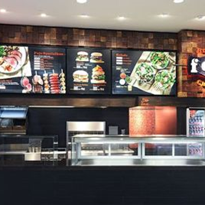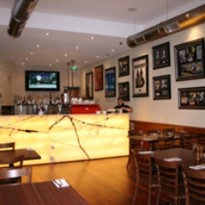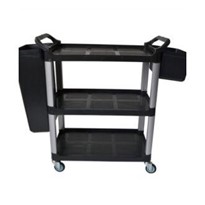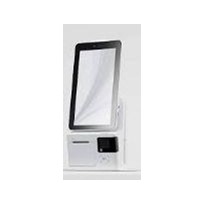Whether you’re in retail, foodservice or administration, these skills can apply.
The following are key fundamentals which, as staff and managers improve their ability in these areas, will result in a significant increase in service, feedback and sales.
1. Understand personality types.
As staff become ‘amateur psychologists’ and learn about human behaviour, they will be more confident in guiding and influencing customers and responding to their requests. Start by finding short YouTube videos on the four ‘personality types’ and share them with your team.
2. Keep your promises.
Help staff to manage their response to customer expectations. Stay up-to-date with company policies to ensure that any promise you make for a customer can be delivered. No saying ‘it will be with you in 10 minutes’ or promising a great table – under-promise and over-deliver.
3. Be honest.
Being open and transparent with your customers proves that you truly care about their happiness and satisfaction, even when the message you’re sharing is not positive. A good place to begin is improving communications between the kitchen and floor staff.
4. Become a product expert.
Learn everything about every product and service that you are selling to your customers. Competence leads to increased confidence and that leads to increased sales. Training in the menu (what dishes taste and look like) is also an essential for your staff.
5. Be confident with different types of people.
If you sound confident in your conversation over the phone, then convincing customers about a booking change or menu choice will become easier. Making eye contact and dealing with people types are skills that will serve your staff well in all areas of their life.
6. Use positive language.
Using positive language that is motivating and in ways persuading, is the best way to reach your customers. How can your staff give a positive response to requests for menu changes that you don’t do, or seating changes that are not possible?
7. Understand body language.
Maintaining a good body language is also important, smiling frequently and expressing happiness and laughter in your conversation helps to improve their experience. The old saying ‘if you’re happy, tell your face’ still applies.
8. Negotiate and persuade.
Knowing how to compromise with customers is essential to reach win-win results. If you’re handling enquiries about an upcoming event, take the discussion beyond just providing information - make a follow-up call. Some corporate clients are used to getting their own way with group bookings and can be intimidating - ask experienced colleagues for help in handling these situations. Having your information at hand will give your more confidence.






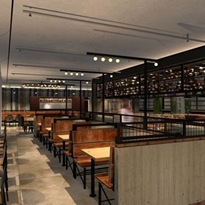
-205x205.jpg)



